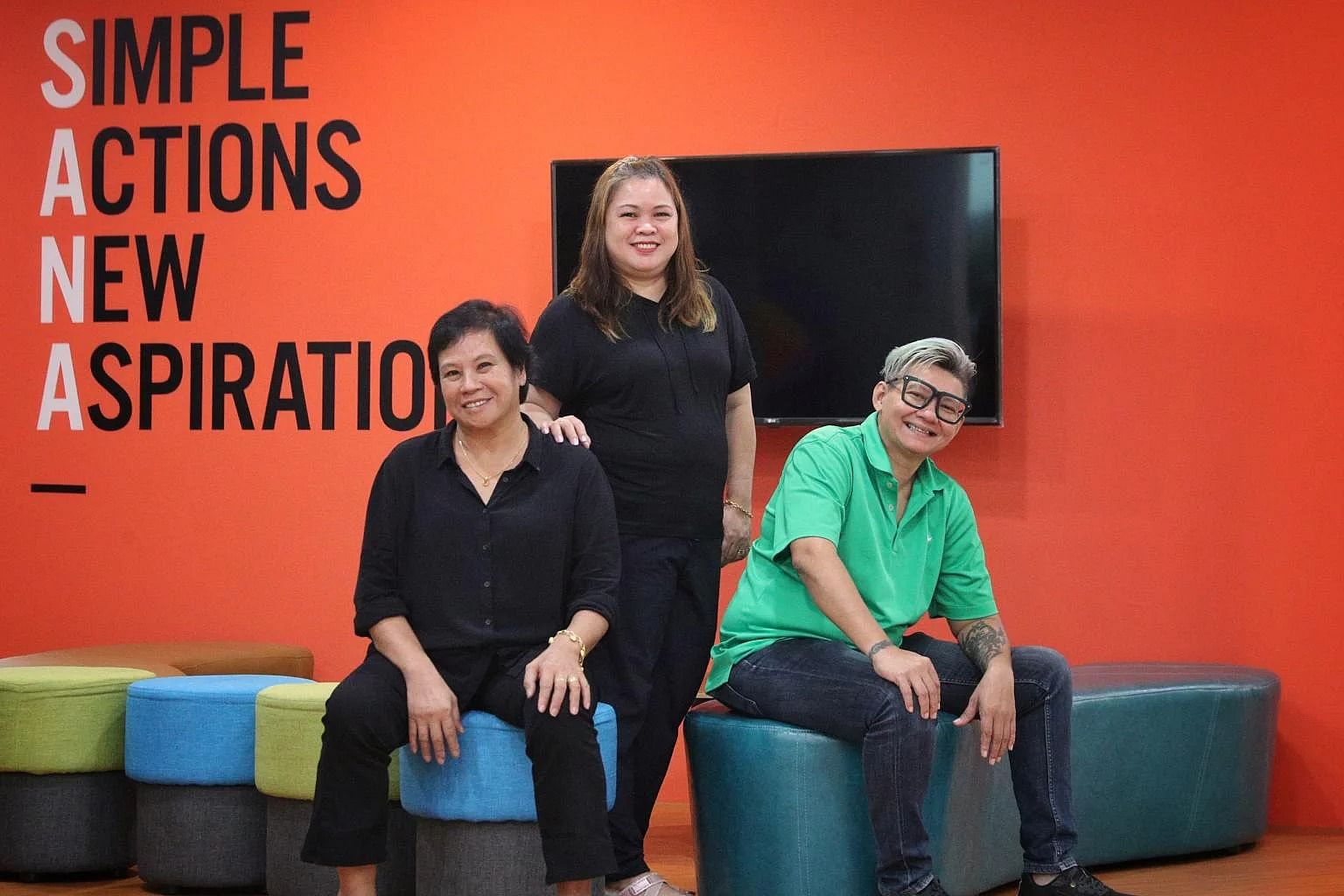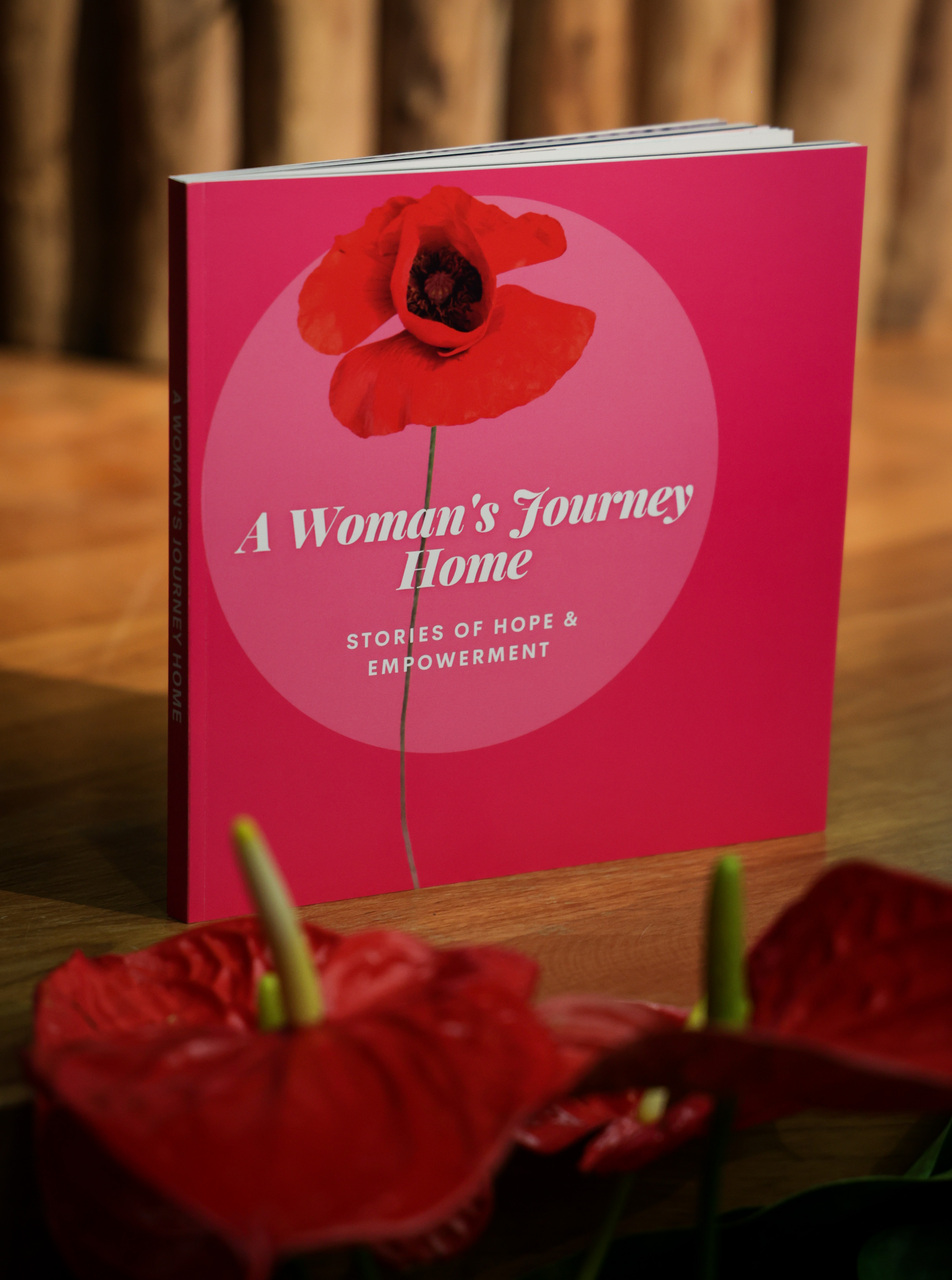New book details unique challenges faced by female drug offenders
Sign up now: Get ST's newsletters delivered to your inbox

The book features stories on (from left) Ms Salimah Sukar, Ms Chris Wong and Ms Sabrina Chong Abdullah.
ST PHOTO: JASON QUAH
SINGAPORE - Introduced to heroin and cannabis by her abusive ex-husband, Ms Salimah Sukar's addiction to drugs landed her in prison five times over the course of 23 years, with her longest stretch spanning seven years.
Telling herself she did not want to die in prison as her four children needed her, Ms Salimah vowed to stay clean when she was released in 2015.
Yet even then, the pressures of running a household and paying for daily expenses led her to consider again selling drugs - an offence which led to her being jailed in 1995.
Realising she was tempted to go back to her old ways, the now 57-year-old phoned her second husband, himself a recovering addict.
"My husband told me, 'Relax, whatever it is, we will do it together'," she recalled.
Ms Salimah then turned to her counsellor, who talked her through the episode and helped her meet some household expenses.
For Ms Chris Wong - whose drug addiction began after an ex-boyfriend introduced her to Ecstasy when she was 25 - counselling also helped keep her off drugs, as did a desire not to let her two children down.
"I thought, 'I cannot go back to my old life'," said the 49-year-old church volunteer.
Their stories are among 16 featured in the book A Woman's Journey Home: Stories Of Hope And Empowerment.
Co-published by Singapore Anti-Narcotics Association (Sana) and Singapore Prison Service (SPS), the book was launched on Thursday at a conference marking Sana's 50th anniversary.
Female drug offenders face unique challenges, said Sana president Gillian Koh Tan, adding that the book - available as a free e-book on Sana's website - hoped to provide a "much deeper and more nuanced understanding" of their struggles.

Speaking during the event, Minister of State for Home Affairs Faishal Ibrahim said their stories illustrate how female offenders risk suffering abuse, neglect and trauma, and often have to struggle for financial independence.
SPS has rehabilitation programmes that specifically address issues that lead women to drug use, he said.
"Female drug abusers learn to manage unhelpful relationships that would directly or indirectly lead to their relapse and learn to better cope in their roles as mothers, daughters, and partners," he said.
Associate Professor Faishal also noted that the country's first secular, all-women halfway house, Rise Above Halfway House - which launched in September - provides a safe space for female offenders to build new skills for a fresh start.


